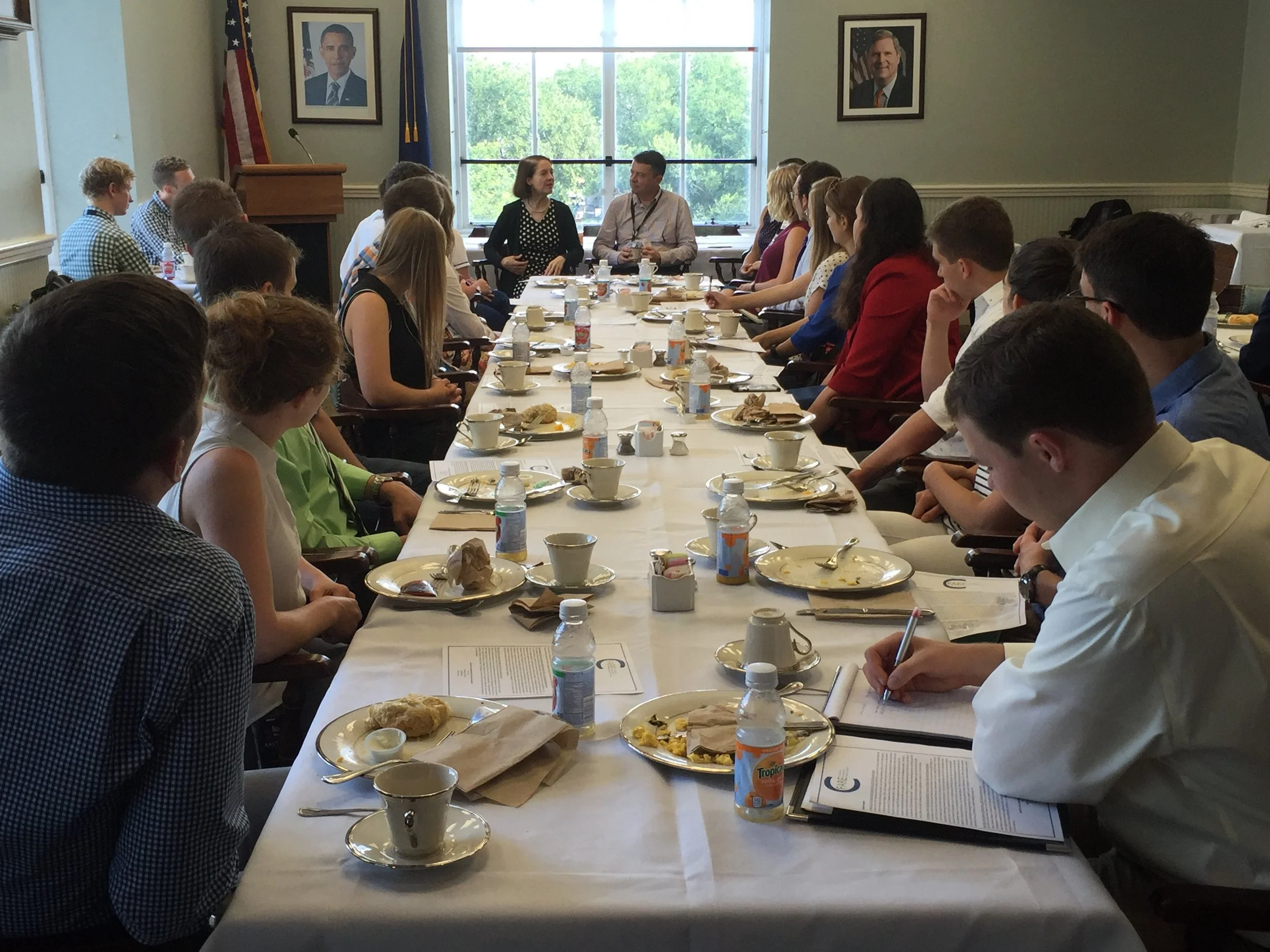Register here. NC-FAR and the Council on Food, Agricultural and Resource Economics will be hosting a seminar featuring the Economic Research Service (ERS), the intramural economic research agency within the REE Mission Area. Dr. Mary Bohman, Administrator of the Economic Research Service will be joined by senior economists to present research on trade, food safety, and nutrition economics. They will also shed light on the important data, economic statistics, and collaborations that allow for such research and analysis to be done in service to our nation.
Read MoreWednesday, June 27th from 12:00 PM - 1:00 PM ET - The aim of this webinar is to explain how to address social and economic questions in National Institute of Food and Agriculture (NIFA) research programs, and will highlight how an economics component to research can help maximize the impact of NIFA research investments. Speakers will discuss broader relevance of of socio-economic analysis to rural issues, bio-economic issues, nutrition, and food safety. Register Here
Speakers:
Sean B. Cash, Bergstrom Foundation Professor of Global Nutrition and an economist with the Friedman School of Nutrition Science and Policy at Tufts University
Mark Partridge, the C. William Swank Chair of Rural-Urban Policy at The Ohio State University and a Professor in the AED Economics Department
Wally Tyner is the James and Lois Ackerman Professor of Agricultural Economics at Purdue University
The Council on Food, Agricultural and Resource Economics would like to invite students with an interest in economics who are interning in Washington, DC this summer to participate in our Summer 2018 Intern Briefings which will focus on careers with Capitol Hill, agencies and non-governmental organizations. Reserve a space today!
Read MoreRegister here for our June 26th Webinar at 2 PM ET: Since 2006, winter losses of managed honey bee colonies in the United States have averaged 29 percent, approximately double the 15 percent historical rate. These elevated losses have raised concerns that agricultural and food supply chains will suffer disruptions as pollination services become costlier and less available. Among pollinated crops, almonds and plums have had the largest increases in pollination service fees, rising about 2.5 and 2.4 times, respectively, in real (inflation-adjusted) terms since the early 1990s, with the largest portion of the increase occurring between 2004 and 2006.
Read More



